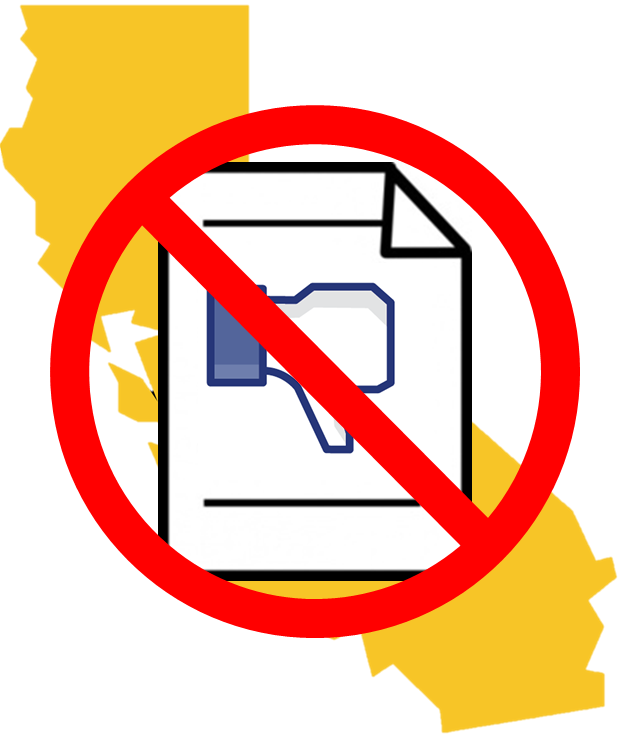 California will become the first state that will impose civil penalties for businesses that include non-disparagement clauses, which are those that limit or prohibit negative reviews by customers. The law also goes farther and punishes businesses that “otherwise penalize” consumers for negative reviews. This law is considered a victory for consumers while businesses face a lot of uncertainty.
California will become the first state that will impose civil penalties for businesses that include non-disparagement clauses, which are those that limit or prohibit negative reviews by customers. The law also goes farther and punishes businesses that “otherwise penalize” consumers for negative reviews. This law is considered a victory for consumers while businesses face a lot of uncertainty.
CALIFORNIA’S NEW LAW
The law, which will become Section 1670.8 of California’s Civil Code, was signed by Governor Jerry Brown on September 9, 2014. The law does not go into effect into 2015. The statute will impose civil penalties for including in any contract for the sale or lease of consumer goods of services any provision that waives a consumer’s right to make statements about the “seller or lessor or its employees or agents, or concerning the goods or services.” It also prevents businesses from otherwise penalizing a consumer for making any statement protected by the statute. You can read the entire statute here: Section 1670.8 of California’s Civil Code.
The law permits a consumer, the Attorney General, or a district attorney or city attorney to bring a civil action for a violation of the provisions of the law. Civil penalties can be up to $2,500 for an initial violation and $5,000 for each subsequent violation. The penalty increases to a maximum of $10,000 if the violation was “willful, intentional, or reckless.” If a consumer brings the action he or she collects the money and in all other cases the money goes to the general fund of whichever governmental entity brought the action.
UNANSWERED QUESTIONS
Consumer advocates praise the law as giving consumers the right to complain about bad service or products. Consumers should be able to express their opinions about bad service or products. However, consumers should not be protected from posting false reviews or information.
There are questions that will likely arise for businesses especially when they are defamed or when consumers post false or inaccurate reviews. Some of these questions include:
- What exactly is a “statement” under the statute?
- Can a business sue for defamation for false reviews or is that to “otherwise penalize” a consumer?
- What can the business do to have a false review removed?
It is almost certain that once the statute actually goes into effect there were be court challenges to get these, as well as other, questions answered. It also seems likely that other states, including Nebraska, might follow California’s lead and look at the issue of businesses attempting to limit consumer reviews.
